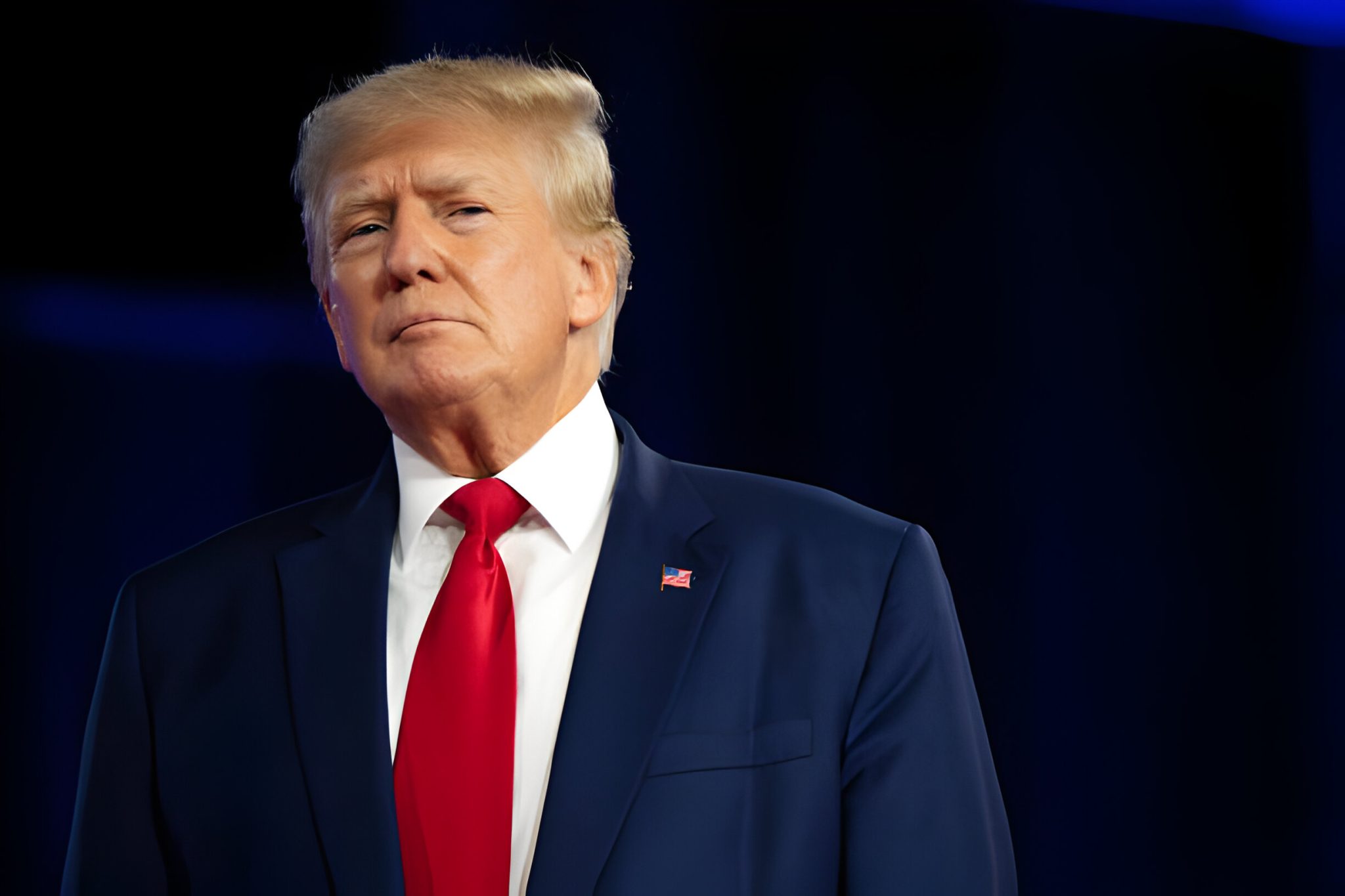By Nathaniel Dove
Of late, the presidential debate involving Joe Biden and Donald Trump has been of immense interest and has elicited heated debates in almost every corner of the land. Here are the key takeaways from the event, which took place amid times of high political polarization and critical national issues. Much of the debate centered on the COVID-19 pandemic. President Biden hit hard on his administration’s record in vaccine distribution and reopening the economy, blaming Trump for the initial poor response.
Trump claimed that his administration did everything right and accused Biden of always being slow to respond. The candidates put forward different visions of economic recovery. Biden spoke about the possibilities for job creation in infrastructure plans and investments in clean energy. Trump talked up the great highs of the pre-pandemic economy, touting tax cuts and deregulation to drive growth. Health care was perhaps one of the hottest topics, with Biden working to expand the Affordable Care Act and accusing Republicans of wanting to abolish it completely. Donald Trump reiterated his vow to replace Obamacare with a new health care plan, featuring two major elements: lower costs and giving consumers more choice. The debate further delved into areas of racial justice and policing reforms.
Biden calls for police reform measures and insists that attention be placed on addressing systemic racism, while Trump was defending the police and touting his endorsements from several law enforcement agencies. Biden concentrated most of his energy on environment-related issues by ringing the alarm regarding climate change and zeroing in on green energy initiatives, having promised to get back into the Paris Agreement. Trump heralded his environmental record by boasting of his support for the fossil fuel industry and blasting many of his predecessor’s climate efforts as sheep-like. Foreign policy discussions focused on China, Russia, and Middle East policy. Biden said Trump had mishandled relationships with international allies and trading partners, while Trump touts his foreign policy decisions related to North Korea over nuclear weapons and peace agreements in the Middle East. For both candidates, the debate would be about a strong will to outmaneuver each other as better leaders for the future of the country. Biden focused on unity and empathy by making a clear contrast between himself and President Trump’s divisive rhetoric.
Trump postured over the economy and national security, touting himself as a strong leader who gets things done. Overall, the debate was characterized by frequent diatribes from both candidates, along with personal attacks. The attempts of moderators to enforce the rules of the debate would not seldom raise challenges, not peculiar to the charged atmosphere but definitely representative of how deep the different divisions in American politics run. The first presidential debate of the 2020 election cycle brought different visions and policy priorities from the two major party nominees: Joe Biden and Donald Trump. It clarified the parameters of the high stakes of this election and many of the issues besetting the nation, from health care and economic recovery to racial justice and foreign relations. On these lines, these concerns will likely remain at the core of efforts to shape voter perceptions in the remaining campaign weeks and play their roles throughout this November’s national elections.







